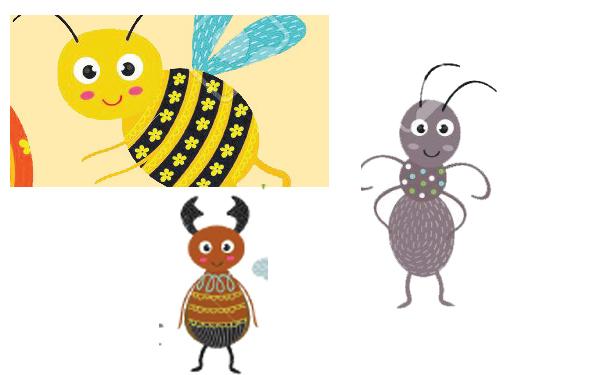
Phrasal verbs are an important feature of the English language. The meaning of a phrasal verb often bears no relation to the meaning of either the verb or the particle which is used with it. Many phrasal verbs have several different meanings.
Dry off (to make someone or something dry)
Tom likes to dry off in the sun.
Dry out (to make something dry)
Keep the food covered or else it will dry out.
Dwell on / upon (to talk about a subject for too long)
I tried not to dwell upon the past.
Ease up (to gradually stop)
The rain began to ease up.
Eat away (to gradually destroy something by continuously damaging it)
The sea is slowly eating away the building put up on the beach.
Eat up (to eat all the food)
The beggar ate up all the bread and cheese within a few minutes.
Ebb away (to gradually disappear)
My strength ebbed away under the hot sun.
Edge out (to cause someone or something to gradually lose their position)
Foreign firms are edging local companies out of the market.
Edit out (to remove a part of writing before printing)
Two paragraphs have been edited out of the article.
Egg on (to encourage someone to do something)
Egged on by his friends Richard climbed the mountain.
Eke out (to manage to get enough of what you need)
Roger ekes out a living by selling empty bottles and old newspapers.
Embark on (to start something new)
The company embarked on completing the final phase of the project.
Empty out (to remove all the things found inside something)
Although I emptied out all my pockets, the key was not there.
Encroach on (to gradually take away someone else’s rights)
The new proposals will encroach on the rights of individuals.
End in (to finish in a particular way)
All my attempts to pass the examination ended in failure.
End up (finally to be in a particular place)
Social drinkers sometimes end up with an alcohol problem.
Engage in (to take part in something)
Two companies are engaged in a legal battle over the ownership of a land.
